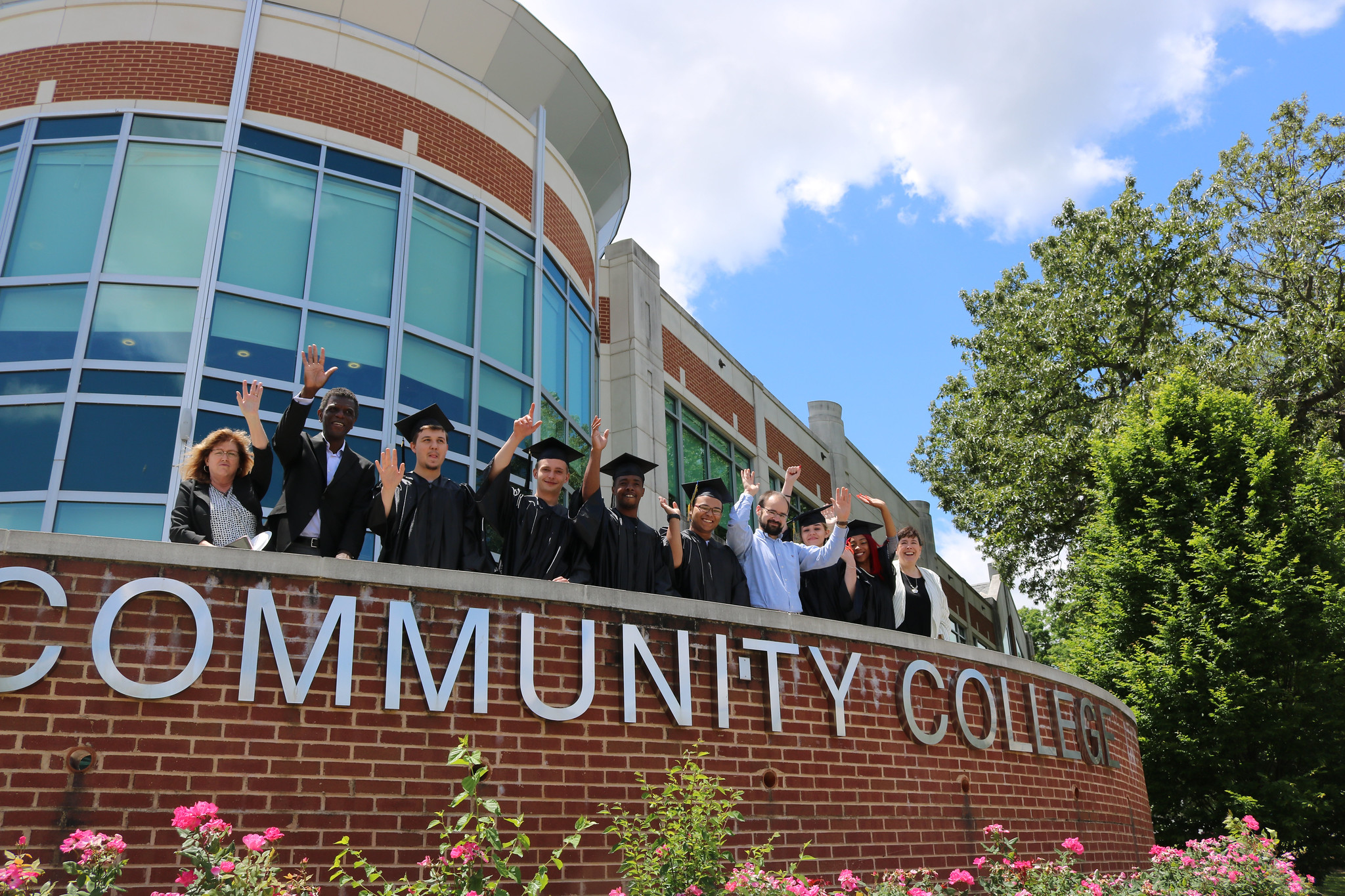Virginia Community College System
Colleges participating in any of the Title IV loan programs are required by the Department of Education to develop, publish, and enforce a code of conduct. The below code of conduct applies to all officers, employees, and agents of Virginia’s 23 Community Colleges. It is in addition to, and not in lieu of, Section 3.3.3. of the VCCS Policy Manuel, “Conflict of Interest in Employment.”
Ban on Revenue Sharing Agreements
Neither the colleges within the Virginia Community College System (VCCS), nor any of their officers, employees or agents will enter into any revenue-sharing arrangements with any lender, which is defined by the Higher Education Opportunity Act of 2008, amending the Higher Education Act of 1965, Pub. L. # 110-315 (2008), (“HEOA”) as any arrangement between a college and a lender that results in the lender paying a fee or other benefits, including a share of its profits, to the college, or its officers, employees or agents, as a result of the college recommending the lender to its students or families of those students.
Ban of Gifts
Financial Aid Office employees (or employees who otherwise have responsibilities with respect to education loans or financial aid) will not accept gifts from any lender, guaranty agency or loan servicer. A “gift” is defined as any gratuity, favor, discount, entertainment, hospitality, loan, or other item having monetary value of more than a de minimus amount. This prohibition is not limited just to those providers of Title IV loans but includes lenders of “private educational loans” as well. HEOA does provide for some exceptions related to specific types of activities or literature. This includes:
- Brochures or training material related to default aversion or financial literacy.
- Food, training or informational materials as part of training as long as that training contributes to the professional development of those individuals attending the training.
- Favorable terms and benefits to the student employed by the institution as long as those same terms are provided to all students at the institution.
- Entrance and exit counseling as long as the institution’s staff are in control and they do not promote the services of a specific lender.
- Philanthropic contributions from a lender, guarantee agency or loan servicer unrelated to education loans.
- State education, grants, scholarships, or financial aid funds administered by or on behalf of the State.
Ban on Contracting Arrangements
Financial Aid Office employees (or employees who otherwise have responsibilities with respect of education loans) will not accept any fee, payment or financial benefit as compensation for any type of consulting arrangement or contract to provide services to or on behalf of a lender relating to education loans.
Prohibition Against Steering Borrowers
The colleges and their officers, employees or agents will not steer borrowers to particular lenders, or delay loan certifications. This prohibition includes assigning any first-time borrower’s loan to a particular lender as part of the award packaging process or through other methods.
Prohibition on Offers of Funds for Private Loans
The colleges and their officers, employees of agents will not request or accept any agreement or offer of funds for private loans. This prohibition includes any offer of funds for loans to students at the institution, including funds for an opportunity pool loan, in exchange for providing concessions or promises to the lender for a specific number of loans, or inclusion on a preferred lender list.
Ban on Staffing Assistance
The colleges and their officers, employees or agents will not request or accept any assistance with call center staffing or financial aid office staffing. However, HEOA does not prohibit schools from requesting or accepting assistance from a lender related to:
- Professional development training for financial aid administrators.
- Providing educational counseling materials, financial literacy materials, or debt management materials to borrowers, provided that such materials disclose to borrowers the identification of any lender that assisted in preparing or providing such materials.
- Staffing services on a short-term, nonrecurring basis to assist the school with financial aid-related functions during emergencies, including State-declared or federally declared natural disasters, and other localized disasters and emergencies identified by the Secretary.
Ban on Advisory Board Compensation
Employees of the colleges will not receive anything of value from a lender, guarantor, or group in exchange for serving on an advisory board. They may, however, accept reimbursement for reasonable expenses incurred while serving in this capacity.
Danville Community College
The Danville Community College Financial Aid Office is committed to the highest standards of professional conduct. We are members of the National Associated of Student Financial Aid Administrators (NASFAA) and adhere to their code of conduct as well:
NASFAA Code of Conduct for Institutional Financial Aid Professionals
An institutional financial aid professional is expected to always maintain exemplary standards of professional conduct in all aspects of carrying out his or her responsibilities, specifically including all dealings with any entities involved in any manner in student financial aid, regardless of whether such entities are involved in a government sponsored, subsidized, or regulated activity. In doing so, a financial aid professional should:
- Refrain from taking any action for his or her personal benefit.
- Refrain from taking any action he or she believes is contrary to law, regulation, or the best interests of the students and parents he or she serves.
- Ensure that the information he or she provides is accurate, unbiased, and does not reflect any preference arising from actual or potential person gain.
- Be objective in making decisions and advising his or her institution regarding relationships with any entity involved in any aspect of student financial aid.
- Refrain from soliciting or accepting anything other than nominal value from any entity (other than an institution of higher education or governmental entity such as the U.S. Department of Education) involved in the making, holding, consolidating or processing of any student loans, including anything of value (including reimbursement of expenses) for serving on an advisory body or as part of or sponsored by any such entity.
- Disclose to his or her institution, in such manner as his or her institution many prescribe, any involvement with or interest in any entity involved in any aspect of student financial aid.







